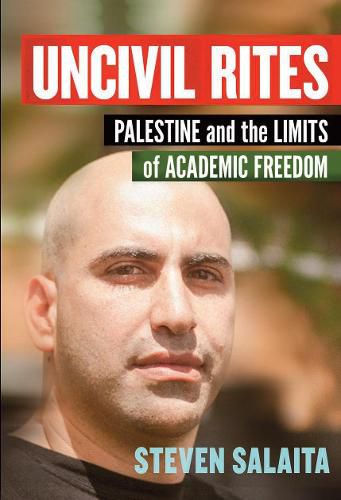Readings Newsletter
Become a Readings Member to make your shopping experience even easier.
Sign in or sign up for free!
You’re not far away from qualifying for FREE standard shipping within Australia
You’ve qualified for FREE standard shipping within Australia
The cart is loading…






In the summer of 2014, renowned American Indian studies professor Steven Salaita had his appointment to a tenured professorship revoked by the board of trustees of the University of Illinois at Urbana-Champaign. Salaita’s employment was terminated in response to his public tweets criticizing the Israeli government’s summer assault on Gaza. Salaita’s firing generated a huge public outcry, with thousands petitioning for his reinstatement, and more than five thousand scholars pledging to boycott UIUC. His case raises important questions about academic freedom, free speech on campus, and the movement for justice in Palestine. In this book, Salaita combines personal reflection and political critique to shed new light on his controversial termination. He situates his case at the intersection of important issues that affect both higher education and social justice activism.
$9.00 standard shipping within Australia
FREE standard shipping within Australia for orders over $100.00
Express & International shipping calculated at checkout
In the summer of 2014, renowned American Indian studies professor Steven Salaita had his appointment to a tenured professorship revoked by the board of trustees of the University of Illinois at Urbana-Champaign. Salaita’s employment was terminated in response to his public tweets criticizing the Israeli government’s summer assault on Gaza. Salaita’s firing generated a huge public outcry, with thousands petitioning for his reinstatement, and more than five thousand scholars pledging to boycott UIUC. His case raises important questions about academic freedom, free speech on campus, and the movement for justice in Palestine. In this book, Salaita combines personal reflection and political critique to shed new light on his controversial termination. He situates his case at the intersection of important issues that affect both higher education and social justice activism.